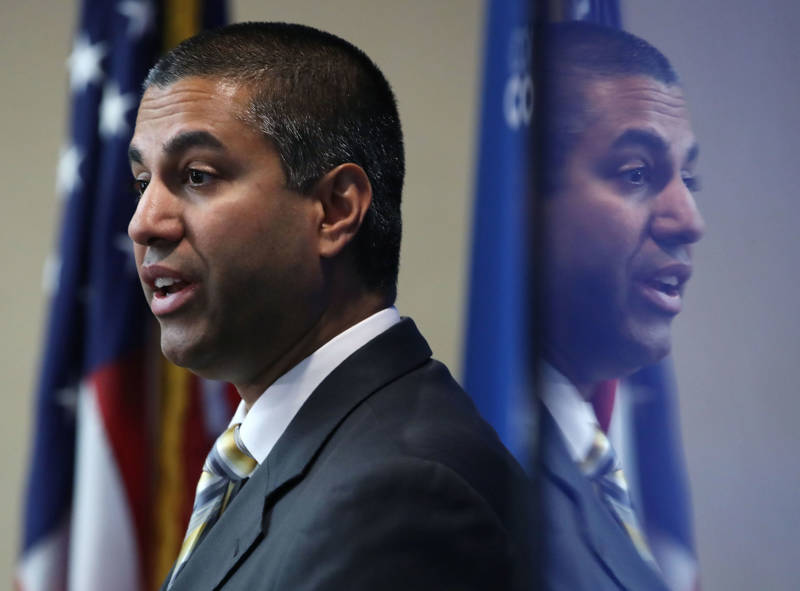The move prompted an immediate lawsuit by the Trump administration.
"While I‘m disappointed that the federal appeals court largely upheld the Trump FCC’s repeal of net neutrality, I’m thrilled that the court rejected the FCC’s effort to preempt state net neutrality laws," Wiener said in an email Tuesday. "As a result of this decision, California’s net neutrality law, SB 822, remains fully intact and the most impactful net neutrality law in the country."
Wiener added, "We will continue to fight for a free and open internet, federally and at the state level."
California's law stops internet service providers from blocking or slowing down certain websites or "classes of applications," like video.
It bans "paid prioritization," also called fast lanes, where some websites could pay internet service providers (ISPs) more for faster access. It also stops ISPs from using certain types of "zero-rating," under which they exempt certain traffic from counting against a customer's data usage.
Ernesto Falcon, senior legislative counsel for the Electronic Frontier Foundation, said he was a “glass half full person” on the ruling.
"The fact that the states will be able to fill in the void and protect consumers directly in the absence the FCC is a very good thing for internet users," Falcon said. "There was a real danger that not only could the FCC repeal net neutrality, but it also prevents states from protecting people in lieu of the FCC. And this decision was pretty clear that that will not be the case."
The federal court directed the FCC to rework its order to include the impact of its repeal on public safety. FCC Chairman Ajit Pai said the agency will address the "narrow issues" cited by the court.
"Today's decision is a victory for consumers, broadband deployment, and the free and open internet," Pai said in a statement. He maintained that speeds for consumers have increased by 40% since the agency's 2017 repeal, "and millions more Americans have gained access to the internet."
Net neutrality has evolved from a technical concept into a politically charged issue, the focus of street and online protests and a campaign issue lobbed against Republicans and the Trump administration.
The FCC has long mulled over how to enforce it. The agency had twice lost in court over net-neutrality standards before a Democrat-led commission in 2015 voted in a regime that made internet service a utility, bringing phone and cable companies under stricter oversight. An appeals court sanctioned the 2015 rules.
After the 2016 election, President Trump appointed a more industry-friendly FCC chairman. Pai repealed the net neutrality rules in 2017, saying they had undermined investment in broadband networks.
This post will be updated.
KQED's Sonja Hutson contributed to this report. Reporting from NPR was also used.
